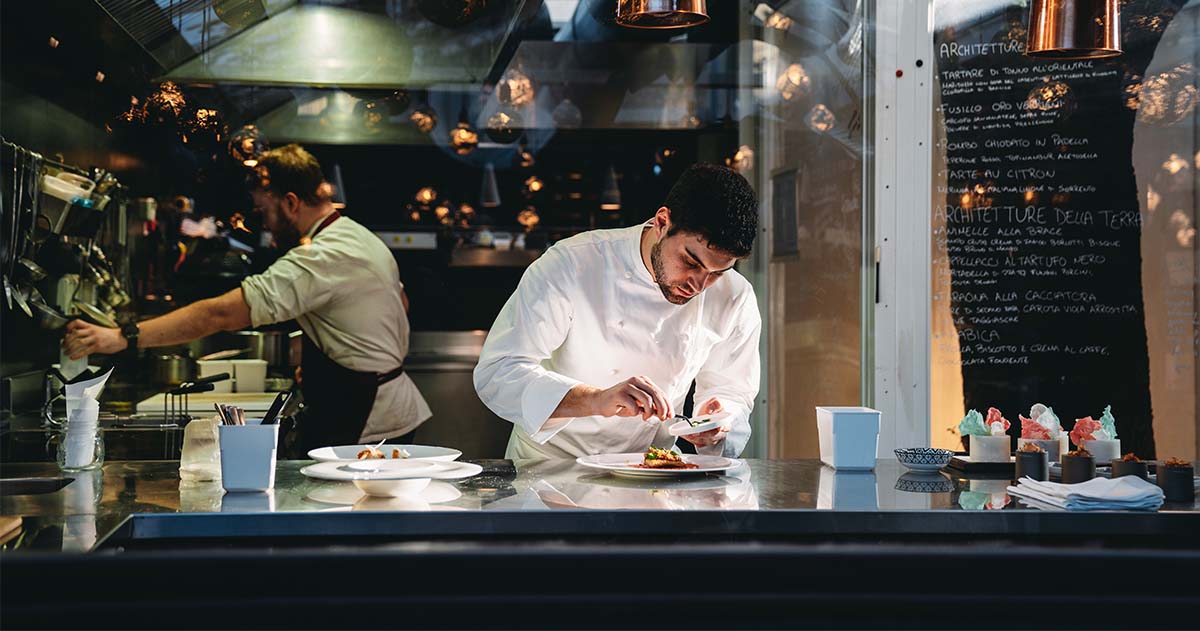It’s a night out in Houston and you are spending your well-earned money on a delicious meal. So what will it be: Ox-tail soup? Tripe? Liver? Gizzards or heart?
“Houston is known as a destination for adventurous foodies, but stigma remains around the eating of organ meats. An associate professor in the Conrad N. Hilton College of Global Hospitality Leadership, Tiffany S. Legendre, Ph.D., researches the phenomenon and is attempting to change the public’s perception of these high-protein and “perfectly okay to eat” types of exotic fare.
There are two main arguments for incorporating more organ parts in restaurants’ menu options. One is that in cultures that are more acclimated to the practice, it’s largely acceptable and that Americans just need to be introduced to the idea – carefully. South America, Africa and Asia have signature dishes that incorporate parts of the animal that Americans reject. And what happens to the “leftover” pieces of meat here in Houston? They are either thrown out or exported to a country that is more comfortable eating them.
According to Legendre, whose background is in food and beverage management as well as small business management, the second main argument is that “eating organ meats is a sustainable practice.” In other words, it’s not wasteful.
But for anything to be successful in the food industry, the menu items need to sell. If there’s no commercial potential for a menu item, it is not in the chef’s best interest to offer it.
Legendre and a graduate student conducted qualitative interviews with 20 individuals around Houston – some were restaurant owners and some managers; even frontline workers like servers were interviewed.
Amongst culinary artists, the use of organ meats was broadly accepted. The interviews showed that the practice supports culinary innovation and drives creativity in the kitchen.
The research aimed to uncover the most successful ways restaurants found to sell dishes with organ meats incorporated. When a customer asks their server, “What is good here?” it’s often a subtle cue that the person is open to new experiences and may be adventurous food-wise. That gives the server an opportunity to tout the newest and most exotic menu options. “Truthful presentation” was one of the top ways servers sold patrons on more unique offerings.
“Casual ambiguity” was also considered a successful approach. Akin to coaxing a child into eating their vegetables, it is almost the opposite tactic: the more daring ingredient is chopped finely and presented with a beautiful garnish.
The research was disseminated in a paper that outlined the most successful strategies of making money while practicing this form of sustainability in Houston. If this doesn’t whet your appetite, perhaps you’d prefer to try edible insects in your tacos, which Legendre praises for both “texture and protein,” instead!”
Image: GettyImages/E+/FilippoBacci
